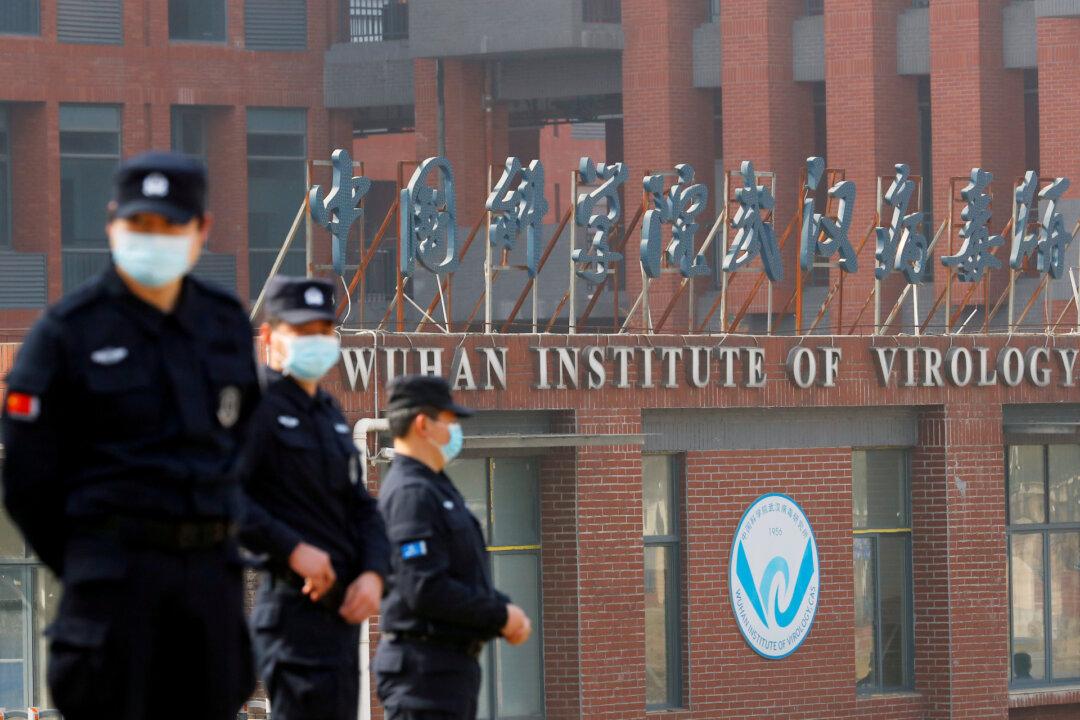Republican lawmakers have introduced a bill that would authorize sanctions and other restrictions on scientists affiliated with the Chinese Communist Party (CCP) unless Beijing allows a transparent, international probe into the origins of COVID-19 at suspected labs in China.
Rep. Mike Gallagher (R-Wis.) on Tuesday introduced a House version of the COVID-19 Act of 2021 (pdf), while Sen. Marco Rubio (R-Fla.) on Monday introduced a Senate version (pdf) of the bill, which gives China’s communist leaders 90 days from enactment to allow a credible and comprehensive investigation into the origins of the CCP (Chinese Communist Party) virus or face a series of punitive measures.





